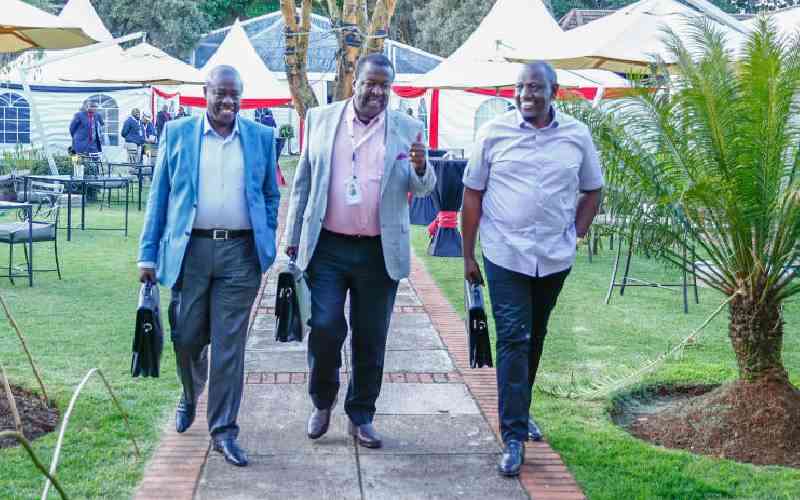×
The Standard e-Paper
Fearless, Trusted News

As the Kenya Kwanza administration attempts to settle into its second of five years in office, national hope is turning to impatient despair and growing anguish.
Millions of beleaguered Kenyans are struggling with an unmanageable cost of living in a country where more jobs are lost than created while politicians, bureaucrats and other loudspeakers talk and live large and struggle with short-term answers. As Galbraith's lovely adage pithily puts it, "In the long term, we are all dead".